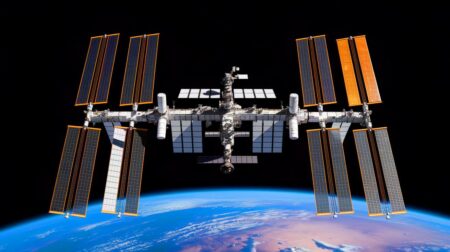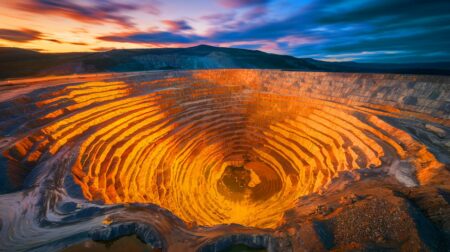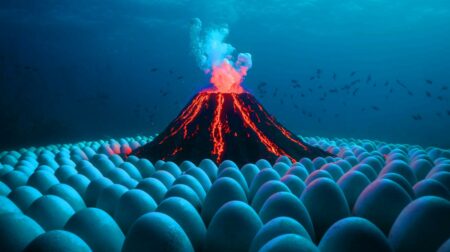Here’s a conundrum: with more and more people on earth there are more and more mouths to feed. Yet agriculture, especially on a large scale, tends to be an environmentally destructive activity.
What to do? Let many people go hungry or continue destroying much of the environment so as to feed them?
The simple answer, say the authors of a new study published in the journal Nature Sustainability, is to engage in “high-yield” agricultural practices rather than in organic farming. A team of researchers from the University of Cambridge, argue that by making the most of available faming land we can ensure that remaining wilderness is left untouched.
Organic farming, they say, may have health benefits but it tends to offer lower yields, which means it requires more space to achieve the same results that intensive farming techniques can produce.
“If we are serious about keeping most of the species with which we share the planet, we are going to have to make the best use of the farmland we’ve already got rather than continue to expand,” the study’s lead author Andrew Balmford, from the University of Cambridge, says. “And that means we are going to have to get smart about high-yield agriculture.”
The researchers have reached this conclusion by measuring the environmental costs of producing a certain amount of food on both high-yield and low-yield farms. On both, they analyzed so-called “externalities,” such as greenhouse gas emissions, fertilizer use and water use. They also examined data from hundreds of investigations into four large food areas : Asian paddy rice, European wheat, Latin American beef and European dairy. Their conclusion: all in all, many high-yield practices require less land use and are less environmentally costly.
“Agriculture is the most significant cause of biodiversity loss on the planet,” Balmford says. “Habitats are continuing to be cleared to make way for farmland, leaving ever less space for wildlife,” he adds. “Our results suggest that high-yield farming could be harnessed to meet the growing demand for food without destroying more of the natural world. However, if we are to avert mass extinction it is vital that land-efficient agriculture is linked to more wilderness being spared the plough.”
Did you like it? 4.6/5 (30)








